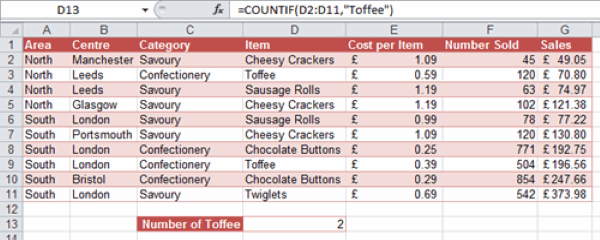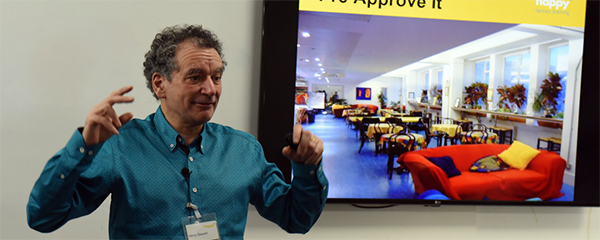
Save 15% With Our Project Management Bundle
Managing a project effectively can be a real headache. As well as keeping track of various tasks, priorities, teams, and deadlines, you have to ensure your project is delivered on-time and on-budget too.
Here you can find all of Happy’s blog posts, covering our Excel hints and tips, ideas for creating happy workplaces, and ways to be more productive at work — and more.

Managing a project effectively can be a real headache. As well as keeping track of various tasks, priorities, teams, and deadlines, you have to ensure your project is delivered on-time and on-budget too.

How do you use your free time? Do you often feel exhausted at the end of the weekend? Billy has some great advice for making the most of your evenings and weekends – so you can go back to work feeling refreshed.

One of Happy’s key principles is “Recruit for Attitude, Train for Skill” – but what does this mean in practice?

COUNTIF is a powerful tool that can help you to make sense of large sets of data, pulling out the information you need quickly and easily. Find out how to use COUNTIF in this blog by Happy’s IT HelpLine Manager, Ed Lepre.

I’m sure you’ve all been there – at a conference or on a course, only to spend hours staring at PowerPoint slides that are full of text and bullet points. “Why did they bother presenting?” you think. “They could have just sent the slides round and saved us all the trouble.”

Focus on what matters by using the new @Mentions feature in Microsoft Outlook.

Your experience at work will be enhanced – in terms of performance, personal satisfaction and long term behavioural benefits – by building trust and becoming more assertive. Find out more in this blog by Billy Burgess.

Intelligence doesn’t secure happiness. Neither does financial well-being, creative satisfaction or a healthy marriage. Heck, even winning the lottery won’t slap an immutable smile on your face. But despite these hard truths, Raj Raghunathan argues that happiness is our natural state. The problem is that several aspects of socialisation lead us astray. In If You’re So Smart, Why Aren’t You Happy?, Raghunathan offers plenty of critical insights to get us back on track.

Ruby Wax recently released A Mindfulness Guide for the Frazzled – we were intrigued by the book, and asked Billy Burgess to write a review of it for us. Here are his thoughts.

Processing the rapid rate of change in our lives can be exhausting, but we needn’t let it overwhelm us. In this blog, Billy talks about different types of change and offers four tips to help you manage change positively.